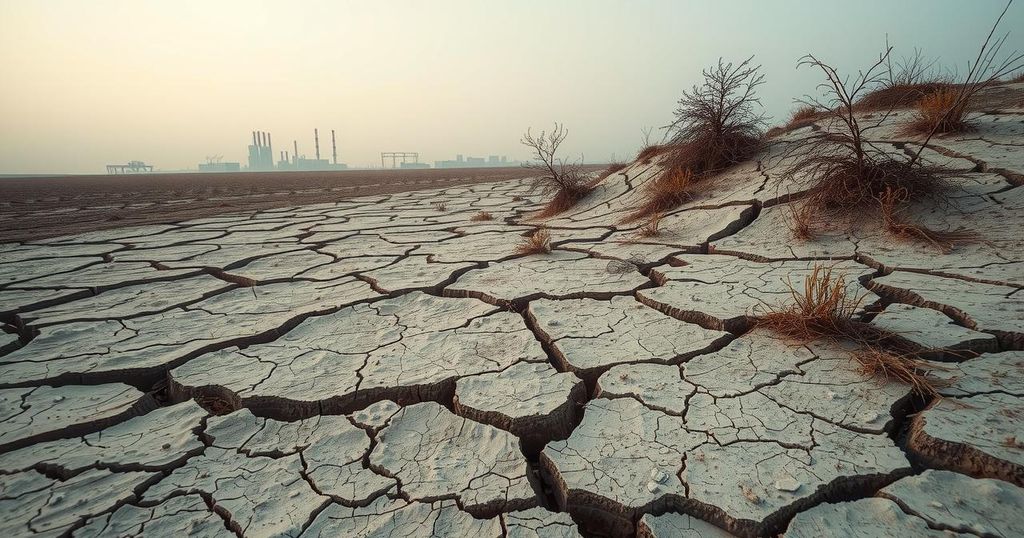A report by Germanwatch’s Climate Risk Index reveals that India ranks sixth among the top 10 countries impacted by extreme weather events from 1993 to 2023, sustaining over $180 billion in economic losses and at least 80,000 fatalities. Key events included devastating floods and severe heatwaves. The report emphasizes the urgent need for financial and technical support to help vulnerable countries adapt to climate change.
According to a recent report by Germanwatch’s Climate Risk Index (CRI), India ranks sixth among the top 10 countries most affected by extreme weather events from 1993 to 2023. This period has seen India suffer over 400 extreme events, notably devastating floods in 1993, 1998, and 2013, as well as severe heatwaves in 2002, 2003, and 2015. Overall, these events have led to economic losses of approximately $180 billion and at least 80,000 fatalities.
Significant climatic events included the Gujarat and Odisha cyclones in 1998 and 1999, respectively, as well as Cyclones Hudhud and Amphan in 2014 and 2020. Extreme flooding impacted northern India in 1993 and Uttarakhand in 2013, while recurring severe heatwaves reached temperatures around 50°C, leading to fatalities in multiple years.
Globally, extreme weather events have resulted in over 765,000 fatalities and economic damages exceeding $4.2 trillion, equivalent to Germany’s GDP. The CRI indicated that fatalities have been highest due to storms, followed by heatwaves, floods, droughts, and wildfires over the last three decades. In 2022, countries such as Pakistan, Belize, and Italy ranked among the most affected by extreme weather conditions.
Reports indicate that the 2022 European heatwave was particularly deadly, impacting Italy, Greece, Spain, Portugal, and Bulgaria. From 1993 to 2022, five of the ten most affected countries were classified as lower middle-income, highlighting the vulnerability of such nations. The report emphasizes the need for increased financial and technical support to assist these countries in adapting to and mitigating climate change impacts.
Lina Adil, Policy Advisor for Adaptation and Loss & Damage at Germanwatch, stated that “most vulnerable countries are disproportionately affected by the impacts of climate change partly due to their limited financial and technical capabilities to adapt and manage losses and damages.” It is crucial for countries to enhance their mitigation efforts and aim to limit global warming to as close to 1.5°C as possible to prevent further damage.
The findings from the Climate Risk Index underscore the severe impact of extreme weather events on India and similar nations, highlighting the critical need for enhanced financial support and adaptation measures. India’s position among the most severely affected countries reflects a growing trend regarding the vulnerability of lower middle-income nations to climate change. Immediate action is necessary to address these challenges and mitigate future risks.
Original Source: www.downtoearth.org.in




